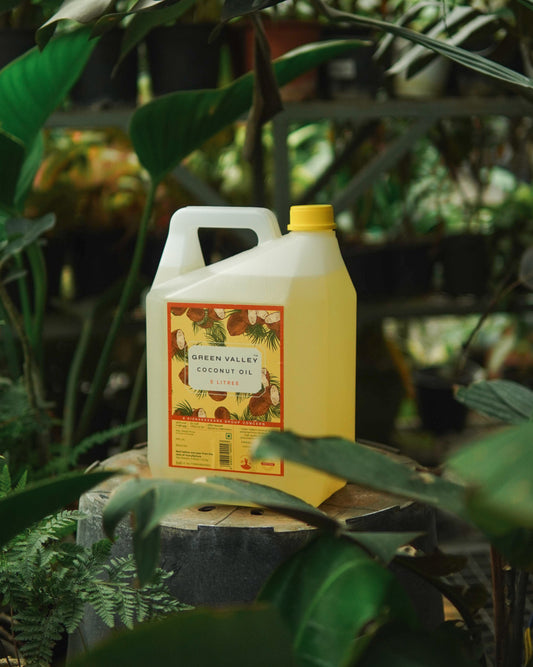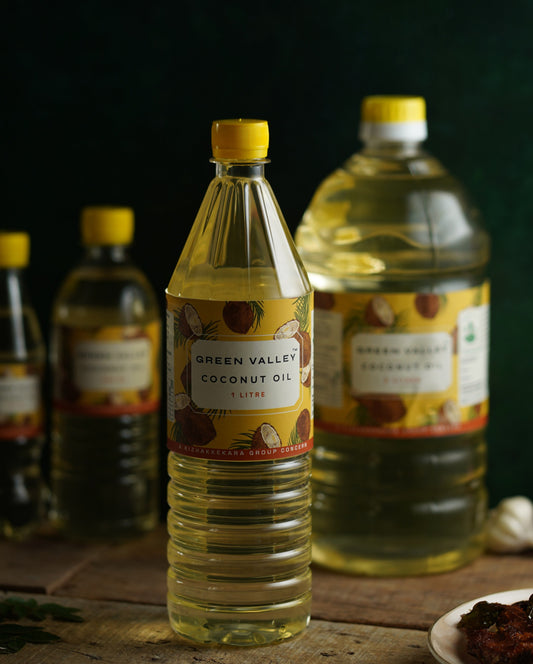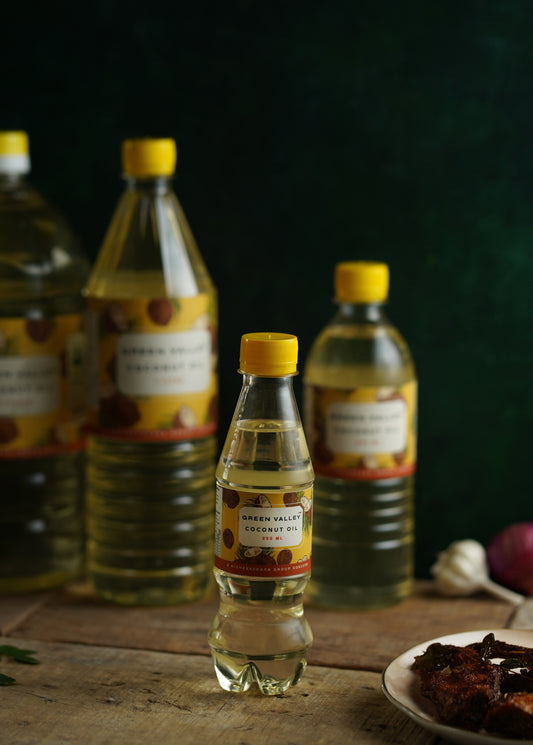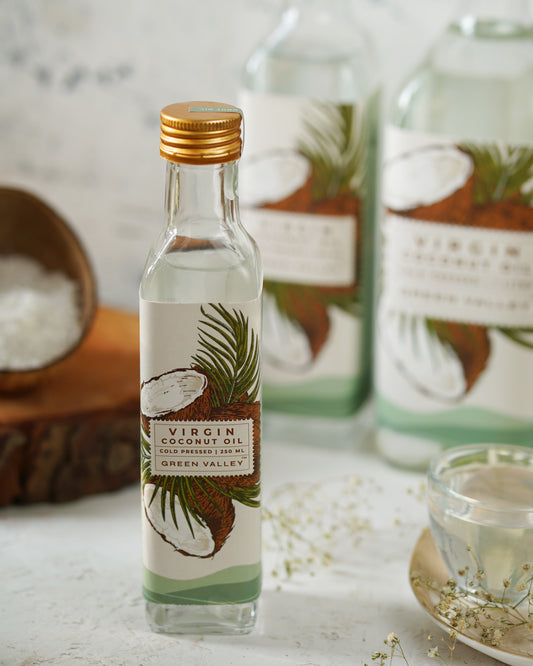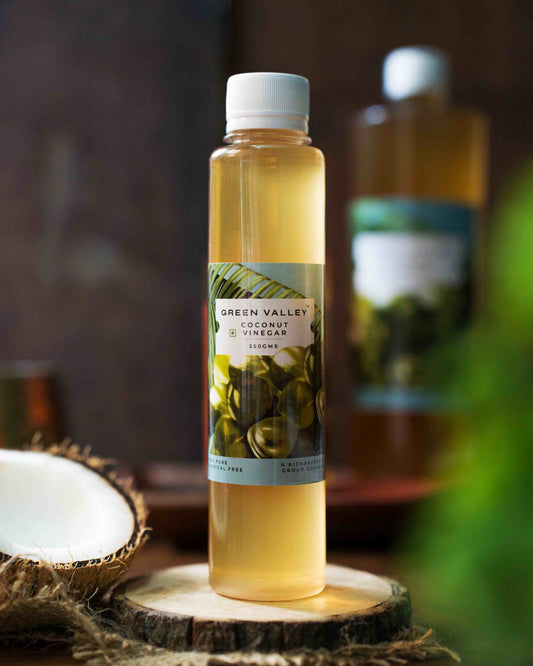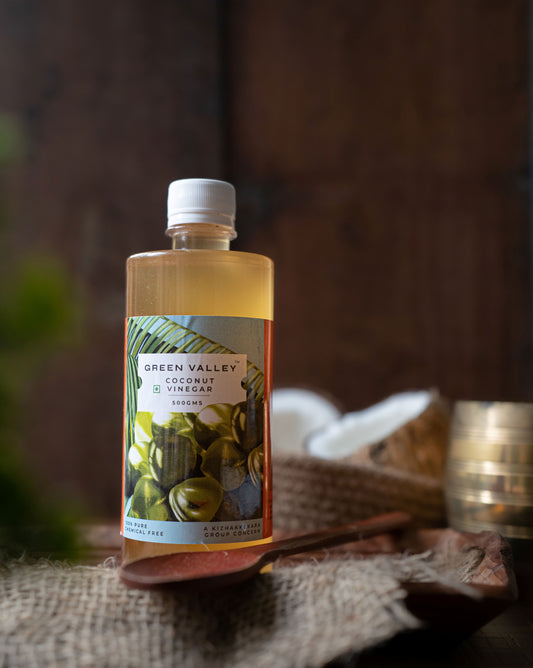If your skin were a painting, pigmentation would be those little extra brushstrokes the artist didn’t quite plan. Sometimes they show up as freckles, sometimes as dark spots, and other times as that stubborn, uneven tone you keep trying to hide under layers of concealer. And while many of us are quick to blame the sun (and sometimes our genes), the million-dollar question is: can coconut oil actually help with pigmentation?
Let’s find out if this tropical multitasker is the secret to evening out your skin—or just another beauty myth that belongs in the “sounds nice but doesn’t really work” category.
What Exactly Is Pigmentation?
Pigmentation is basically your skin’s way of showing off its melanin production skills. Melanin is the pigment that gives your skin, hair, and eyes their colour. When your body produces too much in certain areas, you end up with:
-
Hyperpigmentation: dark spots, age spots, or patches (common culprits: sun exposure, acne scars, hormonal changes).
-
Melasma: usually triggered by hormonal fluctuations, often showing up as brown patches on the face.
-
Post-inflammatory hyperpigmentation (PIH): those pesky marks left behind after acne, cuts, or eczema.
So, while pigmentation itself isn’t harmful, it can be a real mood dampener when you’re aiming for smooth, glowing skin.
Does Coconut Oil Actually Lighten Pigmentation?
Here’s where it gets a little tricky. While coconut oil has plenty of skincare benefits, there’s no strong scientific evidence that it can directly reduce pigmentation or lighten dark spots.
Most pigmentation issues stem from overactive melanocytes (cells that produce melanin), and treating them often requires ingredients like:
-
Vitamin C
-
Niacinamide
-
Retinoids
-
Hydroquinone
-
Chemical exfoliants (like AHAs and BHAs)
Coconut oil doesn’t directly interfere with melanin production. Instead, its role is more supportive: it improves skin health, reduces dryness, and creates an environment where your skin can heal better. This means pigmentation may appear softer or less noticeable, but don’t expect overnight miracles.
How Coconut Oil Can Help With Pigmentation
Even if it’s not a magic spot-eraser, coconut oil can still support skin with pigmentation issues in these ways:
-
Hydration Boost
By deeply moisturising the skin, coconut oil prevents flakiness and dullness, which often makes dark spots look worse. Well-hydrated skin always appears smoother and more even-toned. -
Skin Barrier Repair
A healthy skin barrier = fewer chances of irritation, redness, and inflammation (all of which can worsen pigmentation). Coconut oil strengthens that barrier. -
Soothing Inflammation
Got acne marks? Eczema scars? The calming nature of coconut oil may help soothe the irritation behind them, reducing the chances of new dark spots forming. -
Antioxidant Protection
Coconut oil contains antioxidants that can protect against free radicals caused by sun exposure—one of the biggest pigmentation culprits.
How To Use Coconut Oil For Pigmentation
If you want to give it a try, here are some safe ways:
-
As a nighttime moisturiser: Apply a thin layer of virgin coconut oil after cleansing and toning.
-
As an oil cleanser: Use it to gently remove makeup without irritating pigmented spots.
-
DIY masks: Mix coconut oil with turmeric (known for its brightening properties) or honey for a natural face mask.
-
Spot treatment: Dab a small amount on pigmented areas to keep them nourished.
A Word Of Caution
Before you start slathering coconut oil everywhere, here are some important warnings:
- Acne-prone skin, beware: Coconut oil is comedogenic, meaning it can clog pores and lead to breakouts—ironically making pigmentation worse. If you’re acne-prone, try patch-testing first.
-
Not a replacement for sunscreen: Coconut oil is not a sunscreen. In fact, sun exposure is the biggest cause of pigmentation, so wearing SPF daily is non-negotiable.
-
Pigmentation needs targeted treatment: While coconut oil helps support skin health, you’ll likely need other active ingredients to truly fade dark spots.
Coconut Oil + Other Treatments: The Perfect Duo
Instead of seeing coconut oil as the main treatment, think of it as the supporting actor in your pigmentation drama. Pair it with dermatologist-approved treatments like:
-
Vitamin C serums (for brightening)
-
Retinol (for cell turnover)
-
Sunscreen (every. single. day.)
-
Niacinamide (to even out tone)
Coconut oil then plays the role of “the nourisher,” keeping your skin barrier strong so these actives can do their job effectively without causing irritation.
The Verdict: Friend, Not Fixer
So, is coconut oil good for pigmentation? The answer is: sort of, but not really.
Coconut oil is amazing for many things—moisturising, soothing, protecting, and even cooking up delicious curries. But when it comes to pigmentation, it’s more of a supportive best friend than the star of the show.
If you’re dealing with pigmentation issues, by all means, use virgin coconut oil as part of your routine for hydration and barrier repair. Just don’t expect it to replace your Vitamin C serum or sunscreen.
Think of it this way: coconut oil won’t wave a magic wand and make spots disappear—but it will keep your skin happy, nourished, and glowing while you work on the real pigmentation solutions. And that, honestly, is still a pretty great deal.


